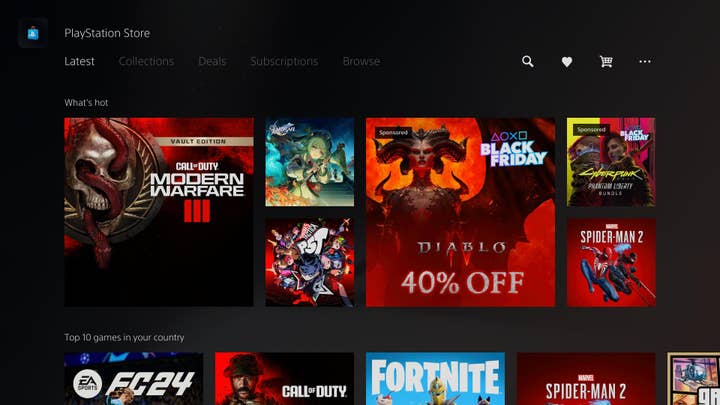A California law mandates digital storefronts to disclose to players that they do not possess ownership of the games
A recent law enacted in California mandates that digital marketplaces inform customers that their transactions do not result in ownership of purchased items.
This legal measure, approved on September 24, encompasses all platforms selling digital goods, such as video games. It restricts the use of words like "buy" and "purchase" unless it's specified that consumers are entering into a license agreement rather than gaining ownership.
According to the law, a "plain language statement" must be provided before buyers complete a transaction. This notification should include a link to the licensing terms or alert buyers to the possibility of losing access to a digital product if the seller's rights to it are revoked.
The California Public Interest Research Group commented on the impact of recent business consolidations and expired agreements in the media industry, which have jeopardized digital content that consumers presumed to own.
They noted instances where companies reached last-minute agreements to ensure continued access to content, although some consumers have permanently lost access to the digital items they acquired.
The group emphasized the importance of enhanced consumer protections for digital purchases as physical media sales decline.
Last December, due to issues related to server infrastructure and licensing, Ubisoft removed The Crew from online stores.
Also that month, Sony revealed it would be deleting purchased Discovery TV shows from its PlayStation store because of "licensing arrangements," preventing access to previously bought content.
A subsequent update to the licensing agreement between Sony and Warner Bros resulted in this decision being reversed.
